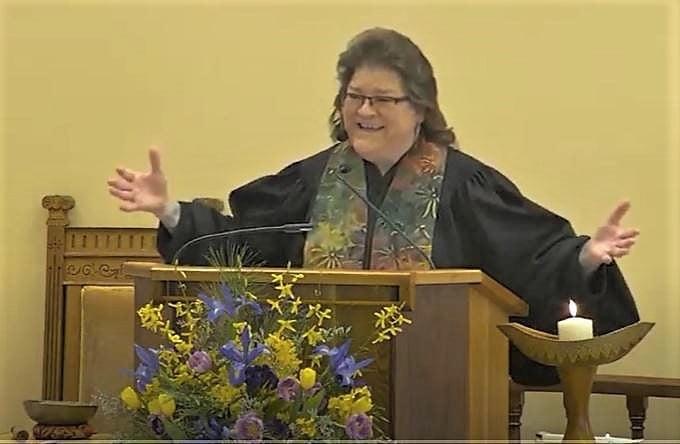The upcoming season for sowing seeds is rapidly approaching. Recently, a close companion presented me with an assortment of meticulously chosen seeds. Enclosed in vibrant, assorted envelopes were small quantities of various tomato, cucumber, pepper, and squash seeds, each labeled with meticulous handwriting that I can’t help but admire. Along with these seeds came a detailed catalog outlining their characteristics and ideal growing conditions. This gift of potential fills me with eager anticipation and optimism for the revelations that will unfold as these seeds sprout and thrive. Truth be told, I am not the one to physically plant seeds; that task falls to my wife. However, I see myself as the bearer of these minuscule bearers of the future. I like to believe that I play a modest role in this venture, which I will continue as I observe, support, and experience the outcomes of nature’s course (aided by my wife’s nurturing touch) with these humble offerings.
During this season, I am reminded of how we are constantly sowing seeds for the future (metaphorically speaking). Whether consciously or not, we are making decisions about which seeds to carry forward (as opposed to leaving behind), which seeds to sow (as opposed to storing or discarding), and whether we are fostering the optimal conditions for their growth. The seeds that ultimately flourish will be the ones we have deliberately chosen to plant. Seeds left untouched in their envelopes will never develop into the vegetables or flowers we envision harvesting. Seeds that are haphazardly planted or neglected will face challenges, and if they manage to survive, it will be in spite of our neglect.
Considering the current global, national, local, organizational, familial, and personal landscapes, it is prudent to ponder, “What seeds are we sowing at this moment?” Whether you meticulously plot rows and label your crops with precision or scatter seeds freely, the choice of seeds matters. Just as you cannot expect a pumpkin to sprout from an apple seed or an olive tree to grow from a sunflower seed, we cannot cultivate a world marked by peace, love, and justice if we sow seeds of hatred, cynicism, and division. If our aspiration is for a world characterized by justice and fairness, we must plant and nurture the seeds of justice and fairness.
Amidst the current climate of intense political discourse and divisive theatrics, it is understandable if you find yourself shaking your head in dismay. Allow yourself that moment (acknowledging our emotions is essential), but then redirect your thoughts to the seeds you wish to cultivate for a better society and world. If we desire conversations that are more harmonious and less polarized, why not sow the seeds of empathy and understanding within our own hearts? If we long for increased harmony and decreased discord in our inevitable conflicts, let us plant the seeds of unity and tend to them with affection and mindfulness. Discord is not an inevitable byproduct of diversity.
I envision my friend seated at her kitchen table, surrounded by catalogs, seeds, and materials for individually labeling and packaging them. What if we took a similar approach with the seeds of kindness, empathy, mutual respect, humor, and joy? Whether we realize it or not, we are shaping the future, so why not do so deliberately?
The Rev. Dr. Kharma R. Amos serves as the minister of the Unitarian Universalist Church of Brunswick, uubrunswick.org.
